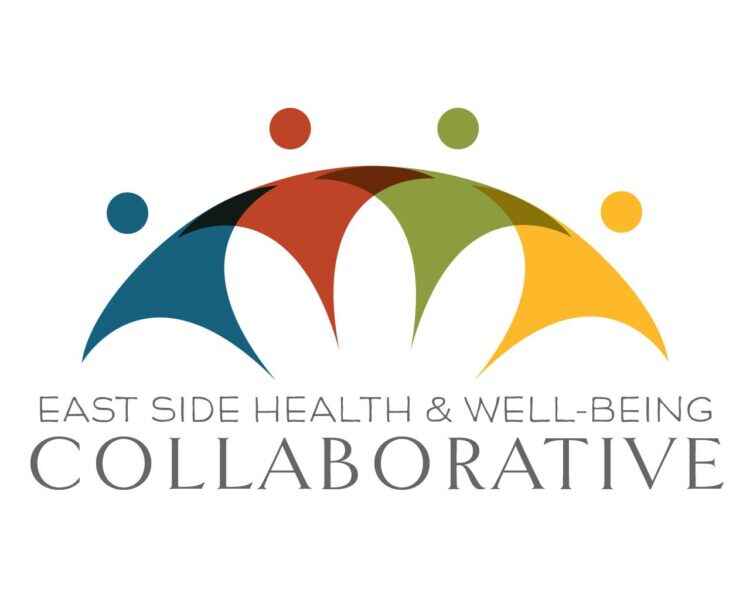Since 2019, the Network has participated in the East Side Health and Well-being Collaborative (“the Collaborative”), a dynamic and diverse coalition of two dozen organizations dedicated to advancing community health equity on St. Paul’s East Side in Minnesota. Serving as a core Partner on the Collaborative, the Network plays a pivotal role, co-founding and leading the Collaborative’s Policy Work Group; providing training on the intersection between health equity, public health, and law and policy; helping identify specific policies that support the Collaborative’s program goals; and participating in and contributing to collaborative activities.
We hope by sharing the Collaborative’s unique approach and our learnings as a Partner, we can inform how the public health law field can engage in similar efforts which can positively impact the people and populations we serve, the sectors we reside in, the communities in which we live, and the systems we seek to change.












